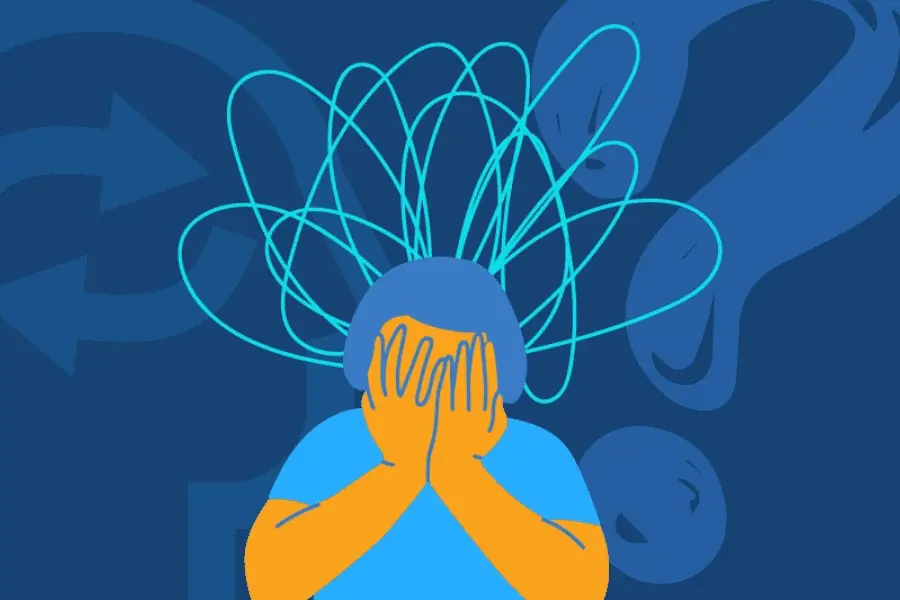
Disturbing simulation reveals what really happens to your body after injecting Ozempic
In recent years, Ozempic has rapidly gained popularity, especially among celebrities and influencers, as a revolutionary weight-loss aid. With high-profile users like Elon Musk, Oprah Winfrey, and Rebel Wilson endorsing its effects, it has sparked public curiosity and debate. But what actually happens in your body when you take Ozempic? A newly released simulation dives deep into the science—and reveals some unsettling details.
Traditionally, losing weight has involved the usual suspects: regular exercise, calorie restrictions, and healthy eating habits. However, these methods often demand consistent discipline and long-term commitment, which can be difficult for many. That’s where GLP-1 receptor agonists like Ozempic come into play. Medications such as Ozempic, Wegovy, and Mounjaro change how your body regulates appetite, digestion, and metabolism—offering an extra tool for those who need support.
Elon Musk has even gone so far as to say that GLP-1 inhibitors might be the key to solving America's obesity epidemic, and his personal use of them has only fueled interest.
But while the visible weight loss results are difficult to ignore, they come at a cost. A detailed simulation by Zack D. Films on YouTube uncovers the underlying biological processes—and the potential consequences—of Ozempic use. Known for his creative, often humorous medical explainers, Zack’s latest video doesn’t hold back on the gritty science.
How Ozempic Works Inside Your Body
When you inject Ozempic, it mimics a natural hormone in your body called GLP-1 (glucagon-like peptide-1). One of the first noticeable effects is a decrease in appetite. The medication activates receptors in the brain that tell you you’re full, reducing food cravings and caloric intake.
In addition, Ozempic helps stabilize blood sugar levels, which is crucial for avoiding those sudden spikes and crashes that often lead to snacking on unhealthy foods. Another major effect is that it slows down gastric emptying—meaning your stomach takes longer to process food, making you feel fuller for longer.
These changes can dramatically reduce how much food you consume daily. While it’s not a “magic fix,” and still requires healthy eating habits, many users experience rapid weight loss when Ozempic is used consistently alongside lifestyle changes.
The Dark Side of the Miracle Drug
Despite its effectiveness, Ozempic isn't without its drawbacks. One of the most frequently reported side effects is nausea—something that aligns with the experience of those who try the Keto diet, which also alters how your body processes energy.
In more severe cases, Ozempic can lead to gastrointestinal distress, including vomiting and diarrhea. Zack’s simulation humorously illustrates this with a visual of the animated character frantically rushing to the bathroom—an exaggeration, but not too far from what some users report.
Some viewers even joked in the comments that watching the animation was enough to kill their appetite on its own. “Honestly, Zack’s videos make me lose more appetite than the actual drug,” wrote one commenter, while another quipped, “The sound effects were top tier nightmare fuel.”
Caution: It's Not FDA Approved for Weight Loss—Yet
It’s important to note that, at the time of writing, Ozempic is FDA-approved primarily for the treatment of type 2 diabetes—not explicitly for weight loss. However, doctors have been prescribing it “off-label” for that purpose, especially as clinical trials continue to show its benefits for weight management.
Still, it’s not suitable for everyone. People with a history of pancreatitis or thyroid cancer, for instance, are typically advised to avoid it. And like any medication that alters your biology, long-term impacts are still being studied.
Why It Matters
As the obesity crisis continues to affect millions globally, medications like Ozempic are becoming more widely discussed—not just for their short-term benefits, but also for what they may mean in the broader scope of public health.
Weight loss, after all, is not just about appearance—it’s often a life-saving intervention. But with Ozempic, the path to that goal isn't without potential risks or trade-offs. The conversation now isn’t just about if the drug works, but how, for whom, and at what cost.
Whether you're intrigued, skeptical, or somewhere in between, it's crucial to approach Ozempic with a well-rounded understanding—balancing the buzz with the biology.
News in the same category


Skin Cells Can Send Electrical Signals to Help Heal Wounds – A New Discovery in Wound Healing

Regular Blood Donation May Improve Blood Cell Health and Reduce Cancer Risk

Simulation Reveals Shocking Truth About What Ozempic Does To Your Body After Injection

Vitamin B12 Deficiency Symptoms

5 Early Signs of Colon Cancer You Shouldn’t Ignore

4 Subtle Signs on Your Face That Could Signal Health Problems

The Key to Everlasting Memories? Scientists discovered the "glue" that makes memories stick!

Listening to Music Literally Speeds Up Recovery from Surgery, Research Shows

A Common Drug Used in Tylenol, Excedrin, and More Was Just Linked to ADHD

Pulsatile Tinnitus: Why You Hear Your Heartbeat While Lying Down

Doctor's Warning To People Whose Fingers And Toes Change Color And Feel Numb In The Cold

Red Spots on Skin: 13 Common Causes

Vaping vs. Smoking: New Study Says Vapes May Be More Harmful

Study Explains How the First Born Child Is Often the Most Intelligent

What 20 Seconds of Hugging Can Do for You

New Study Found Microplastics In Every Single Human Semen Sample

Unlock the Health Benefits of the Castor Bean Plant: A Natural Remedy for Wellness

10 Vegetables That Are Good for Your Heart
News Post

Health Benefits of Horseradish Leaves: A Nutrient-Packed, Overlooked Green

Too Much Salt? Here’s How It Quietly Destroys Your Health from Head to Toe

Skin Cells Can Send Electrical Signals to Help Heal Wounds – A New Discovery in Wound Healing

Regular Blood Donation May Improve Blood Cell Health and Reduce Cancer Risk

Simulation Reveals Shocking Truth About What Ozempic Does To Your Body After Injection

Vitamin B12 Deficiency Symptoms

5 Early Signs of Colon Cancer You Shouldn’t Ignore

4 Subtle Signs on Your Face That Could Signal Health Problems

Girls Visit Dad's Grave to 'Show' Their New Dresses as He Asked, See 2 Boxes with Their Names

Turns Out I Rented an Apartment to My Husband's Mistress, and Their Next Date There Was One I'll Never Forget

Neighbor Mocks Poor Woman for Filthy Look of Her House, Apologizes after She Sets Foot Inside

My Wife Kicked Me Out of the House Because of the Sudden Confession of My Director

My Son’s New Classmates Turned Him from a Straight-A Student into a Troublemaker — But I Didn’t Give Up on Him

After My Brother's Funeral, His Widow Gave Me a Letter – I Wasn't Ready for What He'd Confessed

The Key to Everlasting Memories? Scientists discovered the "glue" that makes memories stick!

Listening to Music Literally Speeds Up Recovery from Surgery, Research Shows

A Common Drug Used in Tylenol, Excedrin, and More Was Just Linked to ADHD

Pulsatile Tinnitus: Why You Hear Your Heartbeat While Lying Down
